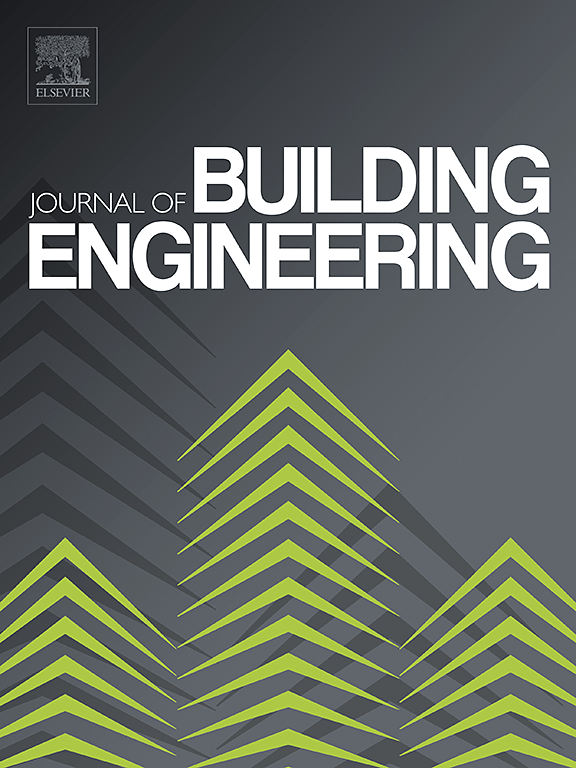Simulation optimization of a hybrid system combining thermosyphon and vapor compression used in 5G base stations based on a grey-box model and genetic algorithm
IF 6.7
2区 工程技术
Q1 CONSTRUCTION & BUILDING TECHNOLOGY
引用次数: 0
Abstract
Advances in communication technology have led to a significant increase in the energy consumption of 5G base stations. We previously developed a hybrid cooling system combining thermosyphon and vapor compression to reduce energy consumption, but it still needs further optimization. Establishing a model for operating parameters optimization can increase the utilization time of natural cold sources and improve energy efficiency. In this paper, a novel grey-box model is built and experimentally validated to quickly predict the cooling capacity and energy consumption of the system under different working conditions. The model uses seven characteristic parameters to describe the influence of the physical structure and fluid properties on heat transfer. Next, two basic operation strategies are proposed, and the annual energy consumption of the system under these two strategies and different climatic conditions and loads is calculated. Finally, the operating parameters are optimized to minimize energy consumption using a genetic algorithm (GA) and the results are compared with the two aforementioned basic operating strategies. The results show that the energy efficiency improvement achieved through GA optimization during the transitional seasons is significantly greater than that in winter and summer. After GA optimization, the annual energy efficiency ratio of the system implemented in Kunming increased from 8.24 to 20.61, while Guangzhou's system increased from 4.41 to 6.42, respectively. Further analysis shows that the greater the proportion of transitional seasons annually, the greater the energy savings achieved through GA optimization. The results contribute to the efficient operation of hybrid cooling systems in base stations.基于灰盒模型和遗传算法的5G基站热虹吸与蒸汽压缩混合系统仿真优化
通信技术的进步导致5G基站能耗大幅增加。我们之前开发了一种结合热虹吸和蒸汽压缩的混合冷却系统,以降低能耗,但仍需要进一步优化。建立运行参数优化模型,可以增加自然冷源的利用时间,提高能源效率。本文建立了一种新的灰盒模型,并进行了实验验证,以快速预测系统在不同工况下的制冷量和能耗。该模型使用7个特征参数来描述物理结构和流体性质对传热的影响。其次,提出了两种基本运行策略,并计算了这两种策略下系统在不同气候条件和负荷下的年能耗。最后,利用遗传算法对运行参数进行优化,使能耗最小化,并将结果与上述两种基本运行策略进行比较。结果表明,遗传算法优化在过渡季节的能效提升显著大于冬季和夏季。经过遗传算法优化后,昆明实施的系统年能效比由8.24提高到20.61,广州实施的系统年能效比由4.41提高到6.42。进一步分析表明,每年过渡季节的比例越大,通过遗传算法优化获得的节能效果越大。研究结果有助于基站混合冷却系统的高效运行。
本文章由计算机程序翻译,如有差异,请以英文原文为准。
求助全文
约1分钟内获得全文
求助全文
来源期刊

Journal of building engineering
Engineering-Civil and Structural Engineering
CiteScore
10.00
自引率
12.50%
发文量
1901
审稿时长
35 days
期刊介绍:
The Journal of Building Engineering is an interdisciplinary journal that covers all aspects of science and technology concerned with the whole life cycle of the built environment; from the design phase through to construction, operation, performance, maintenance and its deterioration.
 求助内容:
求助内容: 应助结果提醒方式:
应助结果提醒方式:


